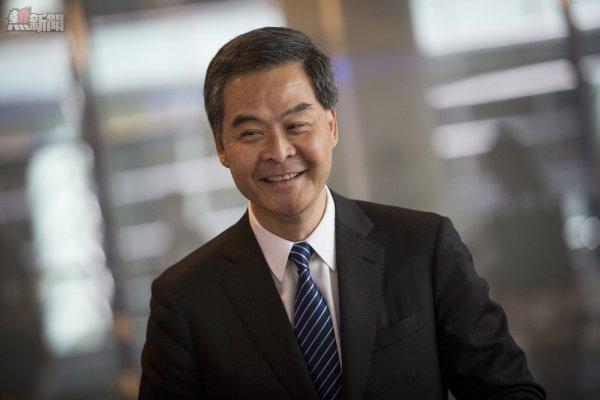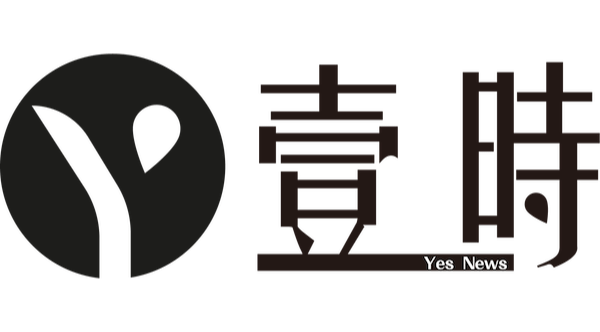
When I read Hong Kong leader C.Y. Leung's statements to the foreign media, I think, "He really needs to sack his PR guy." Whether he believes what he is saying or not, we know that he is mouthing the party line because to control Hong Kong, the Communist Party requires the maintenance of the current system.
Although the path along which our political development was supposed to run was the eventual abolition of functional constituencies, not a single step has ever been taken towards dismantling them since 1997. And why would a constituency of vested interests take any step towards removing the source of their political power?
C.Y. inadvertently pointed this out with his reference to the sports community. According to him, they would not have been on his radar screen but for the fact that they have representatives on the Election Committee. That he got his facts wrong is neither here nor there (There are 15 representatives of the sports sub-sector on the Election Committee -- not 20).
The point is that it is essential for someone who aspires to be Chief Executive to glad-hand enough people who are on the Election Committee to ensure his election. This is where the election is stitched up with back-room deals. This is where the pork-barrel politics takes place.Only some pigs are more equal than others.
Out of the 1,200 members of the Election Committee, precisely 35 members represent the general voting public, namely the 35 members of the Legislative Council who are returned through direct elections from geographical constituencies. Any aspiring candidate can safely ignore them as he can get by without their support but the various special interest groups that make up the rest of the Election Committee have to be assiduously courted and wooed.
Since the Decision of the Standing Committee of the National People's Congress is that the number of members, composition and formation method of the nominating committee shall be made in accordance with the number of members, composition and formation method of the Election Committee for the Fourth Chief Executive (namely C.Y. Leung), the glad-handing remains essential to become one of the two or three candidates that the nominating committee will nominate. Except this time, to become a candidate, it will be necessary to secure the endorsement of more than half of all members of the nominating committee.
The Election Committee consists of four sectors. The First Sector consists of seventeen subsectors all of which have corporations or associations of various kinds as voters. Nine out of the seventeen sub-sectors have no natural persons as voters and out of those that have individuals as voters as well, in four of them, the individuals are way outnumbered by the corporate voters.
Individual voters have to be permanent residents of the Hong Kong Special Administrative Region (HKSAR) but corporate voters can be wholly under the control of persons who are not permanent residents. So much for foreign interference in our internal affairs.
As we know, there are many businesses set up by mainland interests in Hong Kong. They just have to appoint a dummy who is a Hong Kong permanent resident to go and vote on their behalf for the representative of their choice. It is also possible to buy up the controlling interests over corporations with votes. Those with controlling interests in different businesses have multiple representations through having corporate votes in different sub-sectors.
Most of the representation is decided without any sub-sector election. This what the Standing Committee of the National People's Congress considers to be "balanced participation." The most extreme example of this so-called balance is the electorate of the Agriculture and Fisheries sub-sector whose corporate voters, all 159 of them, have 61 representatives on the Election Committee whereas the 3,466,201 ordinary registered electors have 35 representatives on the Election Committee.
Yes, the Agriculture and Fisheries sub-sector had no election, with all representatives being returned uncontested. And more than half of the electorate in that sub-sector simply have their names listed in the legislation. There are no objective criteria provided in the legislation setting out the qualifications for being a voter. You could say that the Government of the HKSAR gets to appoint the voters.
To Beijing and C.Y., it is completely acceptable not to have equal representation in the nomination committee "because you would be talking to the half of the people who earn less than US$1,800 a month."
Apart from the bone-headed assumption that all people within a certain income bracket would vote in a particular way, he ignores the facts that the vested interests make demands for their support. The community at large has already had to pay the ransom demanded by the transport industry for taking filthy polluting vehicles off the road at some time in the future.
With such a thoroughly rotten and corrupt system, is it surprising that the majority of the general voting public want the option of nomination by citizen voters instead of nomination by a rigged nomination committee?
Is it at all surprising that so many thousands, young, middle-aged and old, have turned out into the streets to repudiate this vision of their future and refuse to yield up the public areas they have occupied, despite pepper spray, tear gas and the violence unleashed on them? When there is no prospect of constitutional change to the institutionalized inequality in our political system, which nakedly favors vested interests, what other option is there?
李志喜@公民黨
相片來源:新浪香港
This Is How Thoroughly Rotten and Corrupt Hong Kong's Government Is(李志喜)
















